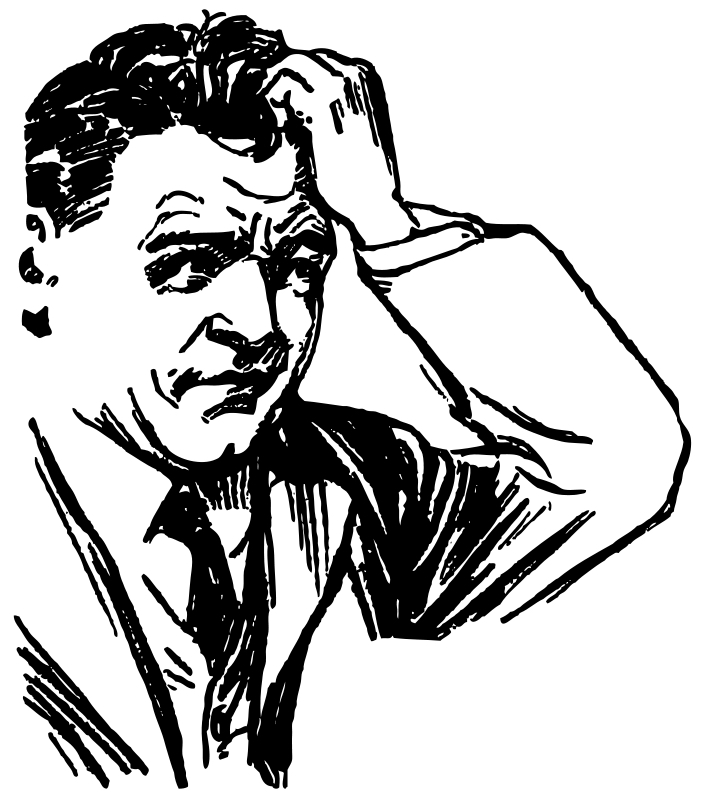I  recall teachers using the phrase ‘economic intuition’ a lot around my early exposure to the subject. The more I thought about it over the years, the more I wondered what this mystical superpower was.
recall teachers using the phrase ‘economic intuition’ a lot around my early exposure to the subject. The more I thought about it over the years, the more I wondered what this mystical superpower was.
Economic intuition. What the hell is it, exactly?
By definition, intuition is the ability to understand or make sense of something without conscious reasoning. An instinctive ability, if you will. This is rather amusing, because a large proportion of economics is about as unintuitive as you could possibly imagine it to be. I believe that this is precisely the reason why, as a subject, economics has a reputation for being difficult.
As Richard Thaler discusses in his book Misbehaving, many of the ideas and models in the discipline were developed by a small handful of extremely smart rationalists. For example, the standard theoretical framework that underpins the role of price in a supply/demand oriented market (general equilibrium) finds that under uncertainty, people optimise their utility by effectively planning and purchasing all of their future consumption in one go. Of course, this not designed to be a lifelike representation of what people actually do, but it is supposed to represent some sort of optimal or rational behaviour.
However, by definition then, if these sorts of actions aren’t something that people would even remotely conceive of doing in real life, it cannot be that there is any case for calling them intuitive. Similarly, when learning macroeconomics, it was apparently a sign of good ‘economic intuition’ to know what happened to interest rates when certain things shocked an economy. But when you have to draw a bunch of graphs and solve a bunch of equations to work out the answer, intuition is again a bit of a misnomer.
So maybe what they actually meant by economic intuition in particular is the internalisation of these mechanisms so that your instincts effectively learn how to answer economic questions by making the computations part of the subconscious. Unfortunately, this leads to another problem. A large percentage of economic models and mechanisms are pretty rubbish at saying much about real world occurrences with any kind of consistency. This newly learnt intuition is somewhat artificial as it is, since we are trying to make the uninstinctive instinctive. But by doing this, the likelihood is that we quite often become worse in figuring out what is going on than we did with our original instincts.
In game theory, the ultimatum game is quite a popular framework for experiments that involve interaction between two parties. One person has, effectively, a cake and can cut the cake into 2 pieces however they like. They can choose which slice to offer to the second person. The second person then chooses to accept or reject the slice. The catch is that if they reject their piece, then the person who made the offer doesn’t get to have their piece either. If there is no agreement then nobody gets anything.

The well-known Nash equilibrium result in this game (the result of economic intuition) is that if you were the offerer, you would cut the cake in order to give the smallest slice possible to the other person.1Unless you were watching your waistline. The other person would surely have to accept the slice, because it’s better than nothing, which is what they’d get if they rejected it. Surely. It’s logical. There’s no reason not to accept.
In a real situation, would you offer someone a tiny piece and expect them to accept it? Probably not. Why? Because your actual intuition is probably telling you that you are being a dick and that the other person is going to punish you for it by foregoing cake for themselves in order to see you get your just desserts (or lack thereof). Indeed, this is what tends to happen in experiments. Even though not everyone will split the cake exactly in half, there is some sort of implicit intuitive understanding of what the other person will probably consider acceptable treatment.
Back to our original question. What is economic intuition? It seems like it’s a way of thinking that is designed to supplant your instincts so that you solve problems in logically correct ways. But intuition is useful for the fact that it helps you deal with situations without using much cognitive effort. Even if we learn rational problem solving methods to such an extent that they indeed become ‘intuitive’ (which is unlikely since even experienced economists make very ‘uneconomic’ decisions in their own lives), if our natural instincts actually help us deal with other people and the real world better, why do we even want to confuse ourselves further with ways of thinking that don’t really help us in any tangible way?
This is not a knock on economic methods of problem solving. It is useful to have an objective framework to compare and contrast behaviour against. But the idea of economic intuition is, to me, a misnomer. Classical economic models are not very instinctive, rely on cognitive computation that doesn’t come naturally to most people, and generally don’t help in offering heuristics to solve real-life problems.
Notes
| ⇑1 | Unless you were watching your waistline. |
|---|


Good critique – seems that much economic thinking treats human perceptions of fairness as mere externalities.